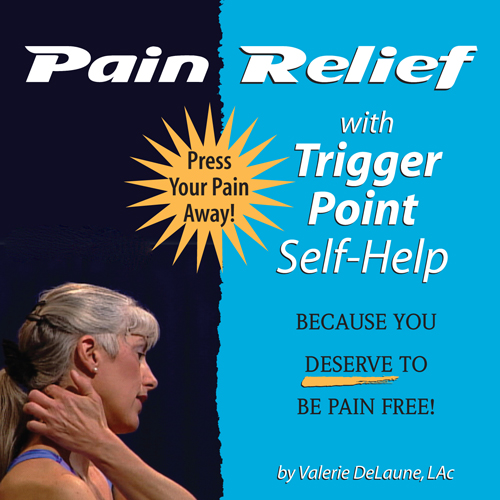Insomnia
Most of us have difficulty sleeping from time to time. It may be a short-term problem related to a specific situation, for example worry over something particular, or a new child or pet disturbing your sleep. Or it may be chronic and the cause is unknown. You may need to get a sleep study to be evaluated for sleep apnea and other conditions if it goes on long enough. Long-term sleep deprivation can lead to fatigue, additional stress, and even pain.
Some potential causes of long-term sleeplessness are:
- Stress, leading to worry and thinking at night. Consider whether your adrenal glands could be excreting too much cortisol (the “Stress hormone”). If you are continually stressed, or if you are pushing yourself too hard and push through fatigue instead of resting or taking a nap, you will excrete more cortisol and have more difficulty sleeping at night. A Naturopathic doctor can administer a saliva test for adrenal function if necessary. Stress depletes your body of B-vitamins. See the page on Stress.
- Pain – See the page on Pain.
- Caffeine and alcohol – even if you only drink caffeine in the morning, it still disturbs your nighttime sleep pattern, as does alcohol. If you choose to give up caffeine, it will take about two weeks before your energy starts to even out and you don’t feel like you have to use it to get going in the morning. Alcohol also decreases folate levels in your body (one of the B-vitamins) and also increases the need for Vitamin C, while decreasing your body’s ability to absorb it.
- Computer use in the evening stimulates the brain and makes it hard to fall asleep and sleep restfully. Stop using your computer after 5pm.
- If urinary frequency is disturbing your sleep, try acupuncture and herbs, and increasing your potassium intake. A multivitamin should have plenty of potassium in it, or eat one banana per day.
- Allergies – see the page on Allergies for more information. If you are tired when you go to bed and then suddenly feel awake and kind of “wired,” this can be an indication there are allergens in your bedding. Everyone has bed mites, but some people are allergic to them. Get allergenic covers for your bedding and pillows, and get rid of down pillows and comforters to test whether you are allergic to down. Vacuum with a Hepa vacuum at least twice per week.
- Calcium and magnesium – we often don’t get enough calcium and magnesium in our diet. Taking a calcium-magnesium supplement is an easy and relatively inexpensive thing to try to see if it improves your sleep. A multivitamin may also be helpful.
- Water – dehydration may impair your ability to sleep soundly and an easy thing to try to see if it will help you sleep. Room-temperature water is better than cold drinks — if you drink something cold, your stomach has to work harder to warm it up, and it taxes the digestive system. Drink about two quarts per day, or more if you have a larger body mass or sweat a lot. A general rule of thumb for kids and adults weighing more than 100 pounds is your body weight multiplied by the number of ounces (i.e., 140 lbs. = 70 ounces). Drink at least one extra quart per day if it is very hot out, and extra water during and immediately after a work-out. If you drink too much water, you can deplete Vitamin B-1 (thiamine). Thirst is not necessarily a good indicator of whether or not you are dehydrated. Your urine should be a light yellow, unless you have just taken a multivitamin or B-vitamin supplement.
- If you can’t stop thinking, you sleep lightly and wake frequently, you wake early and can’t fall back to sleep, are menopausal, and/or have vivid and disturbing dreams, try acupuncture and Chinese herbs. There are also some good homeopathic remedies that may help.
- Be sure you are not sleeping poorly due to being too warm or too cold.
- If you are waking easily due to noise, try Mack’s™ soft silicon earplugs (my favorite).
- Try breathing deeply and counting and drawing numbers in your mind’s eye.
© Valerie DeLaune, LAc 2013
The Food and Drug Administration has not evaluated these statements. The products and information are not intended to diagnose, treat, cure, or prevent any diseases or, medical problems. Nutritional benefits may vary from one person to another.
